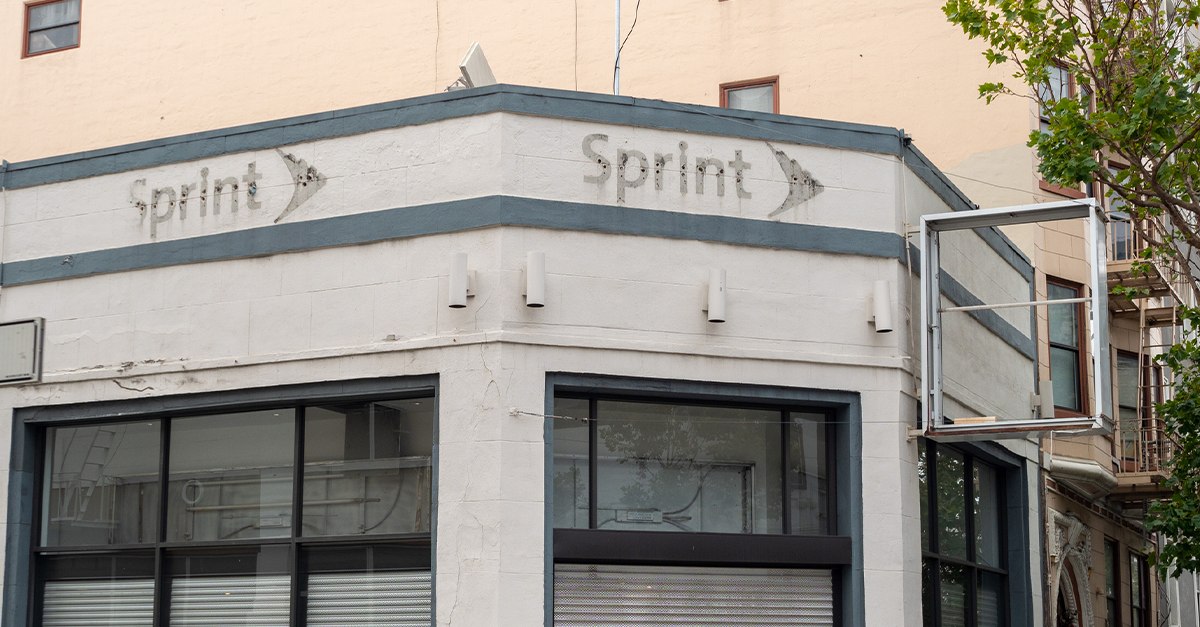T-Mobile will now face private antitrust action over its allegedly anticompetitive 2022 merger with Sprint
In June of 2022, Lieff Cabraser and co-counsel filed a federal class action complaint against Deutsche Telekom, T-Mobile, and Softbank Group challenging the merger of T-Mobile and Sprint as a violation of the antitrust laws, specifically the Clayton Act and the Sherman Act. The case was brought on behalf of AT&T and Verizon subscribers.
As alleged in the complaint, the merger reduced the number of mobile carriers in the U.S. from four to three and eliminated vibrant competition from Sprint. It left the three remaining behemoth companies, the new T-Mobile, AT&T, and Verizon, in a far less competitive market and gave them the opportunity to charge more while delivering less. The complaint further alleges that as a result, AT&T and Verizon retail customers have paid higher prices on a quality-adjusted basis.
On November 3, 2023, U.S. District Judge Thomas Durkin denied T-Mobile’s motion to dismiss the lawsuit and ordered the company to face the lawsuit from AT&T (T.N) and Verizon (VZ.N) subscribers who claim the mobile communication giant’s deal for rival Sprint hurt competition and caused them to pay billions of dollars more for wireless service. In his 41-page ruling, Judge Durkin noted that the plaintiffs “plausibly” argued that higher prices “flowed directly” from the $26 billion merger.
Judge Durkin denied T-Mobile’s motion to dismiss AT&T and VZW customers on antitrust standing grounds, despite the fact that they did not transact directly with T-Mobile. Judge Durkin also denied the motion to dismiss on the basis of failure to allege anticompetitive effects. The proposed class action on behalf of tens to hundreds of millions of consumers seeks a range of penalties, including the undoing of the 2020 T-Mobile-Sprint merger.
Lieff Cabraser partner Brendan Glackin, who co-represents the plaintiffs in the case, noted he was grateful for the court’s “well-considered order” and eager to move forward with the case, which may be the most significant private merger challenge ever. “This is a major victory, not just in this case, but in creating a path for challenges of mergers post-consummation, when the new merged firm fails to deliver on the promises it made to get the merger past initial review and challenges,” added Glackin. “And this particular merger has harmed hundreds of millions of people.”
Learn more about the T-Mobile / Sprint Merger Antitrust Litigation.
About Brendan P. Glackin
 The Chair of Lieff Cabraser’s Antitrust practice group, Brendan P. Glackin has represented direct purchasers of titanium dioxide in a nationwide antitrust class action lawsuit ($163.5 million in settlements); direct purchasers of flat-panel TV screens in litigation against the world’s leading LCDs manufacturers for conspiring to fix prices ($470 million in settlements; retailers in a monopolization pricing lawsuit against Abbott Laboratories charging that the company exploited the market for AIDS medicines used in conjunction with Abbott’s prescription drug Norvir, and employees in the high-tech workers class action alleging that major Silicon Valley firms colluded to reduce competition for workers.
The Chair of Lieff Cabraser’s Antitrust practice group, Brendan P. Glackin has represented direct purchasers of titanium dioxide in a nationwide antitrust class action lawsuit ($163.5 million in settlements); direct purchasers of flat-panel TV screens in litigation against the world’s leading LCDs manufacturers for conspiring to fix prices ($470 million in settlements; retailers in a monopolization pricing lawsuit against Abbott Laboratories charging that the company exploited the market for AIDS medicines used in conjunction with Abbott’s prescription drug Norvir, and employees in the high-tech workers class action alleging that major Silicon Valley firms colluded to reduce competition for workers.
Brendan has contributed groundbreaking work in litigation against drug makers for blocking access to affordable generics. This includes the blockbuster brand-name prescription drug Cipro ($399 million in settlements), which led to a 2016 “California Lawyer Attorney of the Year” (CLAY) award. Brendan continued his work in the field of generic drugs as lead counsel for Nashville General Hospital (the Hospital Authority of Metropolitan Government of Nashville) in a class-action antitrust case against defendants for monopolizing enoxaparin, the generic version of the blockbuster life-saving anti-coagulant Lovenox, which in 2019, settled for $120 million, the second largest indirect-purchaser antitrust pharmaceutical settlement fund in history, after Cipro.
Contact us
Use the form below to contact a lawyer at Lieff Cabraser.














